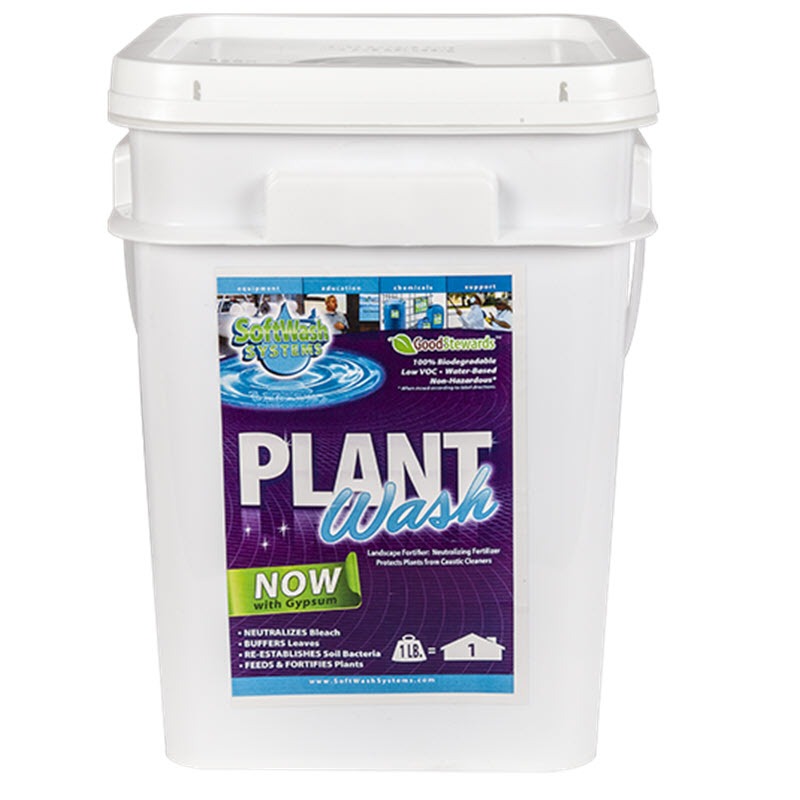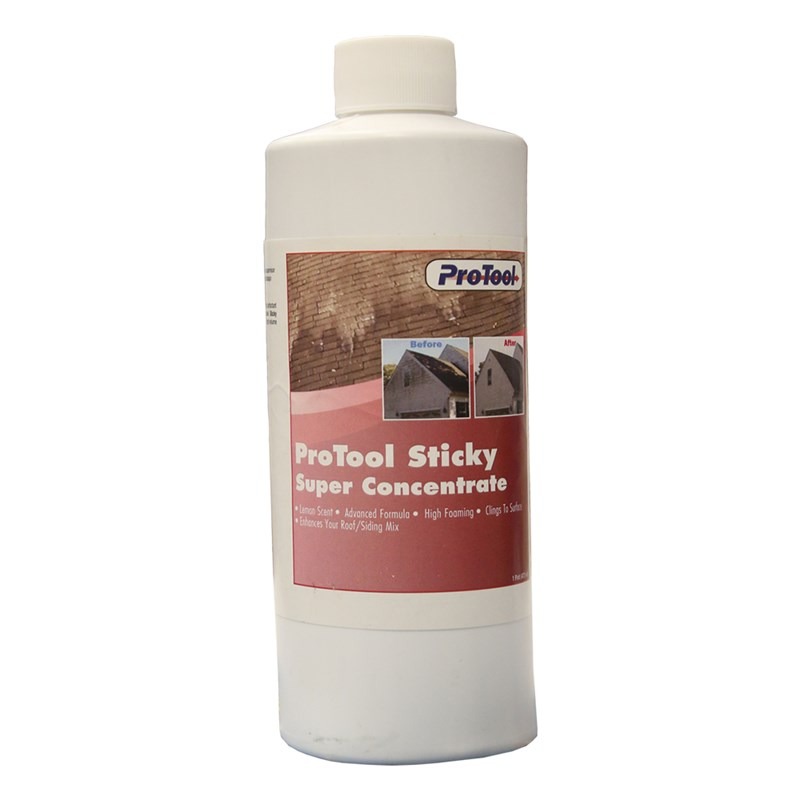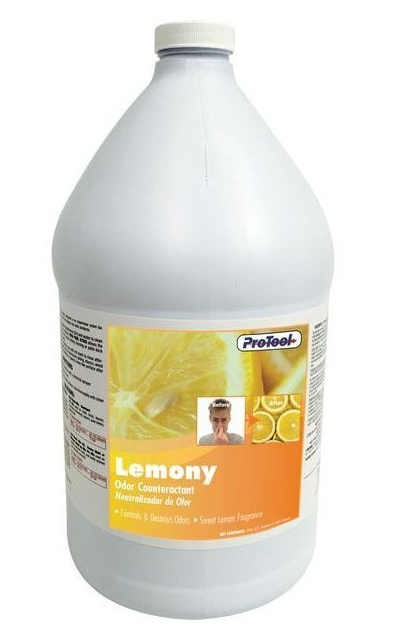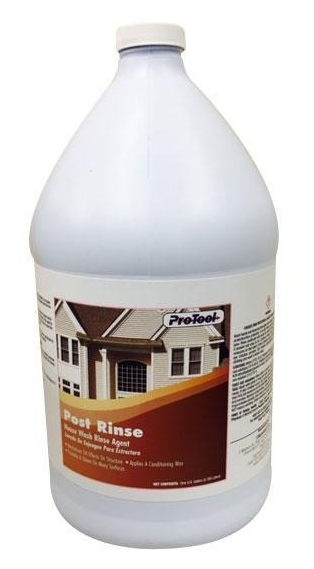What Chemicals Do I Need for Soft Washing?
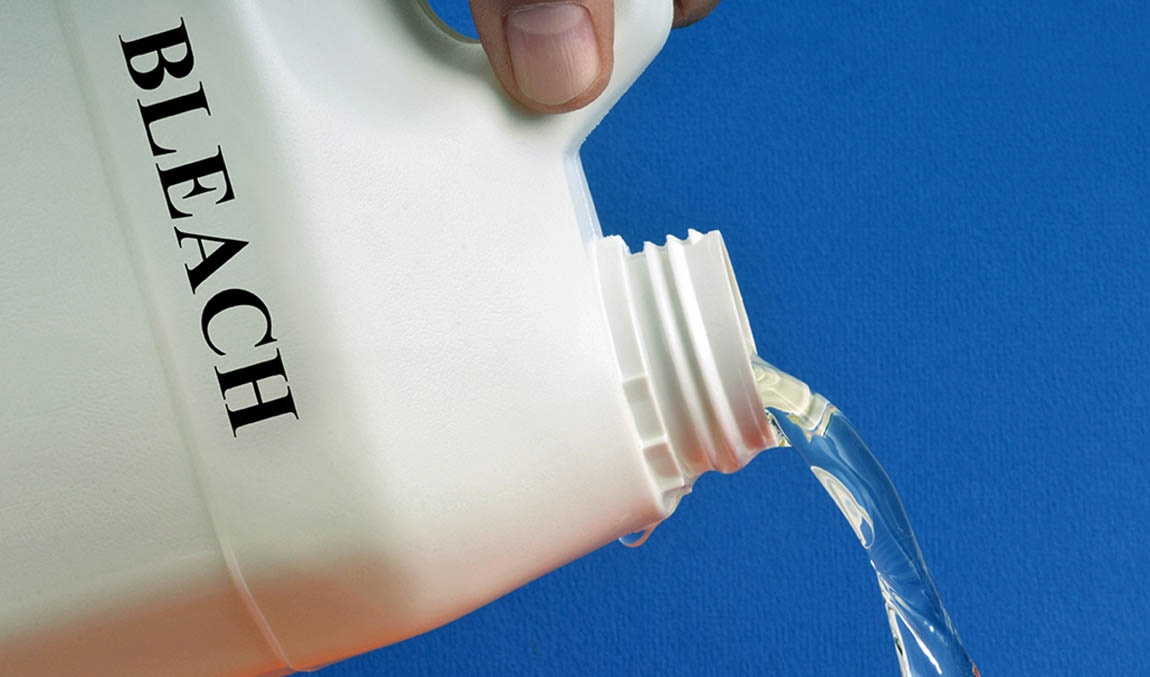
When professionals think of soft washing roofs and siding, the top cleaning chemical used is a professional-grade 12.5% sodium hypochlorite, or bleach, mixed with water. Bleach kills organic matter like Gloeocapsa Magma algae, mold, mildew, moss, and lichen, which are the primary types of growth that need to be removed during soft washing.
However, smart soft washing professionals know that to efficiently and safely soft wash roofs, siding, and other surfaces, additional products are needed.
1. Surfactants
Bleach needs time to kill organic matter, but without help, bleach and water will quickly run down roofs and siding. Without extra staying power, you have to continuously rinse with bleach and water in order to provide dwell time, which wastes time, water, and bleach, and puts you at greater risk of killing any surrounding plants or grass.
Bleach also does not remove dirt and grime. Pressure and/or flow from the water may knock stuck-on contaminants off a dirty surface, but there's no guarantee.
This is where a surfactant comes into play. “Surfactants” are “surface acting agents” that work by reducing the surface tension of water, which helps it spread out more evenly. Surfactants also help penetrate and loosen dirt, grime, and other contaminants so they can be rinsed away.
When it comes to surfactants, you want them to stick, and nothing out there sticks better than our ProTool Sticky Super Conentrate.
Sticky is a super concentrated surfactant, which means you save money both on usage and shipping. One pint-sized bottle is all you need to create a 50 to 70 gallon batch. It’s also the perfect amount needed to use with the ProTool Clever’s 7-gallon sodium hypochlorite tank.
- Promotes a powerful cleaning action.
- Is a super concentrate pint bottle for easy dosing management.
- Goes a long way, offering a low cost per batch.
- Manages Clever Sprayer chemical dosing easily
- Add 1 bottle to your 50 to 70 gallon batch mix.
2. Scented Odor Maskers
Since Covid hit, bleach has become a much more appreciated commodity by the general public. That still doesn’t necessarily people enjoy the smell. That's where odor maskers can help.
Our ProTool Lemony is an odor masker designed to help hide that bleach smell and replace it with the freshness of lemons. Like Sticky, Lemony is effective and affordable, requiring just 4 ounces per 50 gallons of softwashing mix.
Lemony can also be used to eliminate other odors associated with vomit, feces, urine, smoke, mildew, garbage, etc. It’s ideal for use in schools, nursing homes, hotels, public areas, loading docks, dumpster pads, bathrooms, or anywhere odors are a problem.
3. Metal Surfaces, Plants Protector/Neutralizer
While water can do a lot toward protecting plants and metal fixtures and ornaments during soft washing, your safest best is to neutralize any soft washing runoff that may be left on the plants. This is where the ProTool Post Wash comes to the rescue!
ProTool Post Rinse is used to neutralizing agent designed to neutralize houses and buildings, decks, fences, etc., after soft washing, and can also be safely applied to plants.
ProTool Post Rinse is protects plants as well:
1. Neutralizes the soft washing solution
2. Coats the leaves with a protective buffer
For a minimal cost, adding Post Rinse to your soft washing procedures can help protect you from causing damage both to metal fixtures and ornamentation, plants and your company's reputation!
4. Plants - Nourishment
Using water to rinse the plants is an important part of the Softwashing process. We also recommend plan nourishment
Plant Wash was designed to reduce the damage to plants associated with caustic cleaners like sodium hypochlorite and sodium hydroxide. Plant Wash attacks these issues in four ways:
1. It neutralizes the caustic cleaners;
2. Liquid fertilizes the plant through their leaves;
3. It coats the leaves with a buffering agent;
4. It adds back vital nutrients at the base of the plants, helping beneficial bacteria repopulate the soil. Along with thorough rinsing with clean water before, during, and after the cleaning, Plant Wash is used as a final rinse to make absolutely sure every step has been taken to protect the customer’s landscape.
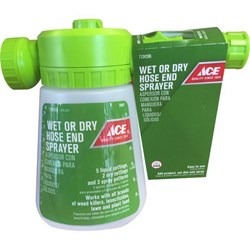
We recommend the use of a garden sprayer for dry powder to mix and spray on the plants.
